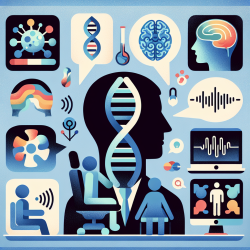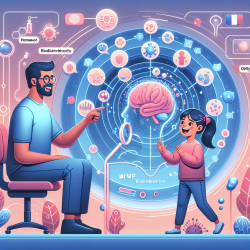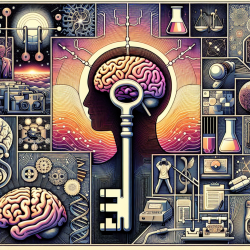Introduction
The Diagnostic and Statistical Manual of Mental Disorders, Fifth Edition (DSM-5) has been a pivotal tool in the field of mental health. However, its revisions, particularly concerning eating disorders, have sparked debate. A recent study, "Do DSM-5 Eating Disorder Criteria Overpathologize Normative Eating Patterns among Individuals with Obesity?" delves into this controversy, examining whether DSM-5 criteria inadvertently pathologize normal eating behaviors in individuals with obesity.
Understanding the Study
The study compared DSM-IV and DSM-5 criteria for eating disorders among adults seeking weight-loss treatment. It aimed to determine if DSM-5 criteria lead to higher diagnoses of eating disorders, potentially misclassifying normative behaviors as pathological. The research involved clinical interviews and structured assessments, revealing that DSM-5 criteria do not significantly increase the prevalence of eating disorders compared to DSM-IV.
Key Findings
- DSM-5 eating disorder criteria were applied reliably in an obesity treatment setting.
- The point prevalence of eating disorders was similar under both DSM-IV (29%) and DSM-5 (32%).
- Binge Eating Disorder (BED) was consistently diagnosed in 9% of participants under both criteria.
- DSM-5 introduced new categories like Avoidant/Restrictive Food Intake Disorder (ARFID), but none of the participants met the criteria for this disorder.
- The study found substantial interrater reliability between clinicians and research assessors for both DSM-IV and DSM-5.
Implications for Practitioners
For practitioners, these findings suggest that DSM-5 criteria can be applied without significantly increasing the diagnosis of eating disorders among individuals with obesity. However, the study also highlights the need for careful consideration when diagnosing eating disorders to avoid overpathologizing normative behaviors.
Practitioners are encouraged to:
- Stay informed about the latest research and revisions in diagnostic criteria.
- Engage in professional development opportunities to enhance diagnostic skills.
- Consider the context of eating behaviors and the potential impact of stigma when diagnosing eating disorders.
Encouraging Further Research
While the study provides valuable insights, it also underscores the need for further research. Understanding the nuances of eating behaviors in individuals with obesity can help refine diagnostic criteria and improve treatment outcomes.
To read the original research paper, please follow this link: Do DSM-5 Eating Disorder Criteria Overpathologize Normative Eating Patterns among Individuals with Obesity?










